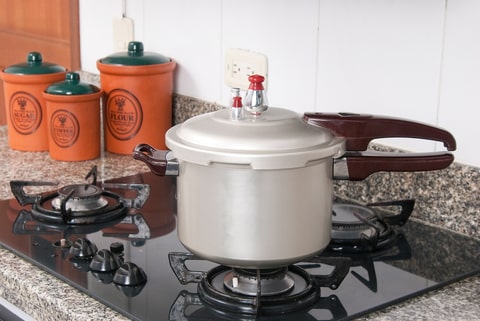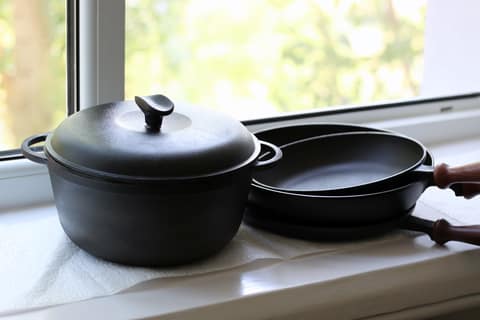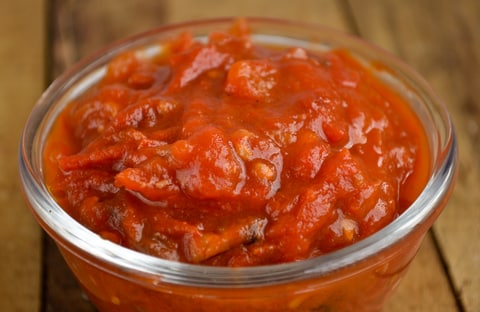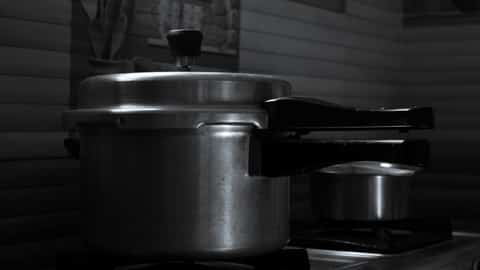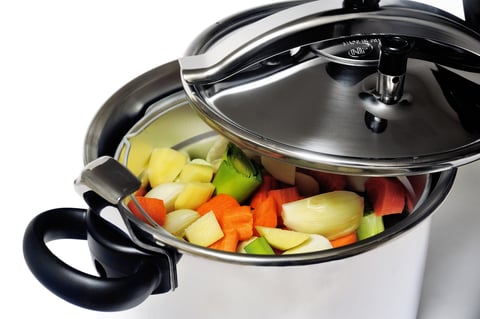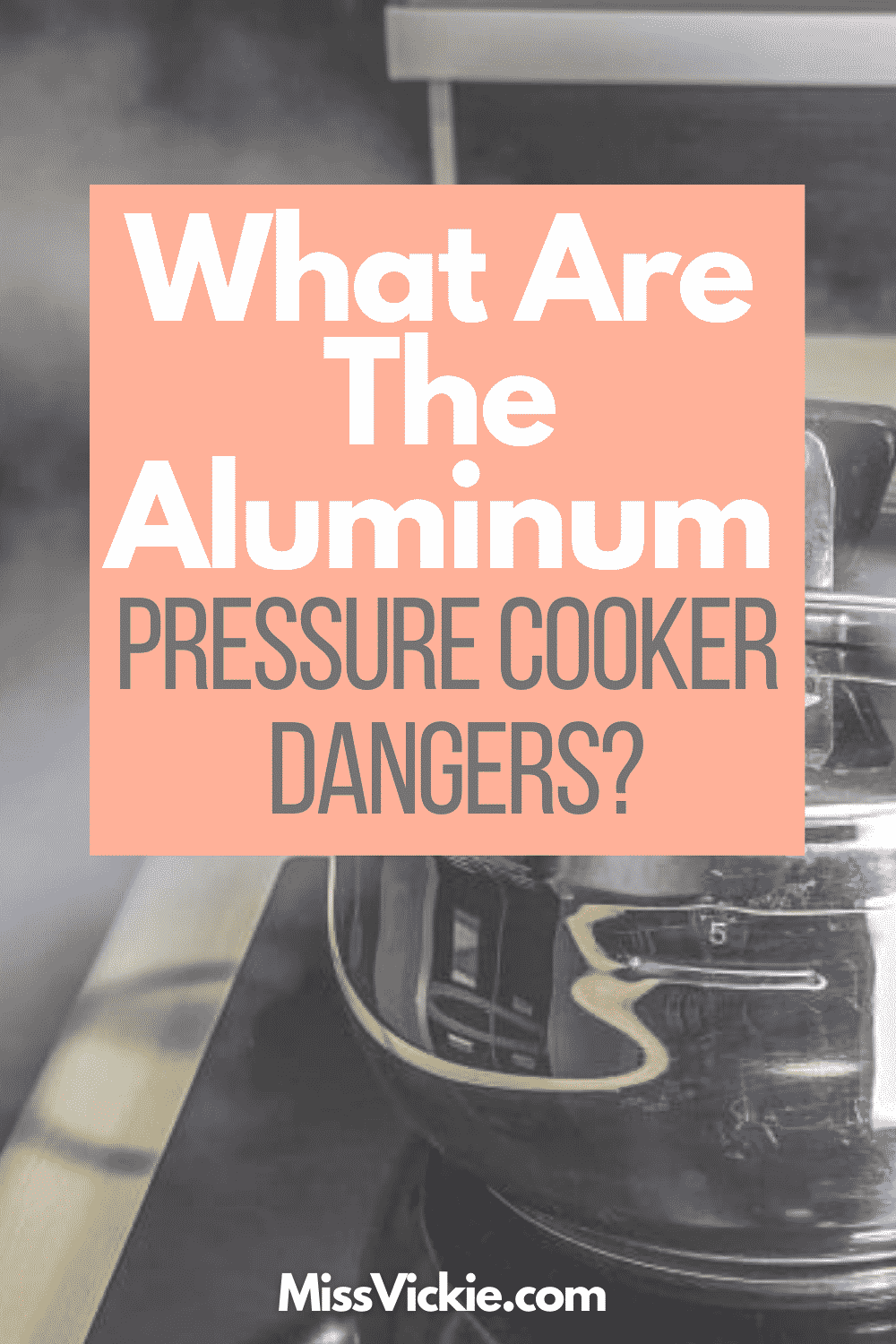
There are two main types of pressure cookers on the market: aluminum and stainless steel.
While all pressure cooking products go through rigorous safety tests before there are released for sale, there are concerns among some people about the specific safety of aluminum cookware in terms of two issues: health and strength of the metal.
We will look at these separately.
Aluminum Pressure Cooker Dangers
Is cooking in aluminum bad for health?
The Division of Toxicology and Environmental Medicine released a statement in 2008 about aluminum. It states that whether aluminum harms you depends on the dose, the form, and how long you’re exposed to it.
It also says that most aluminum in the food and water you consume leaves the body quickly via the feces or urine.
The report also confirms that while some studies have shown that people exposed to high levels of aluminum may develop Alzheimer’s disease, other studies have not found this to be true. We do not know for sure that aluminum causes Alzheimer’s disease.
The World Health Organization has estimated that adults can consume more than 50 milligrams of aluminum daily without harm. So, with a few precautions, you are probably safe using an aluminum pressure cooker.
Health precautions
It’s probably safest if all your cookware isn’t aluminum. For instance, if your pressure cooker is aluminum, consider having other saucepans in stainless steel, enamelware, or cast iron for your everyday cooking.
That way, you will minimize your aluminum exposure.
During cooking, aluminum dissolves most easily from worn or pitted pots and pans. The longer food is cooked or stored in aluminum, the greater the amount that gets into food. Therefore, check the inside of your pressure cooker for wear or damage.
Aluminum dissolves in the presence of acidity. Do not use foods like vinegar, tomatoes, lemons, or wine in aluminum pressure cookers.
Small amounts in a soup or stew are fine, but you don’t want to be cooking batches of tomato chutney or such things.
Acidic foods will not only cause the pot to pit but will lead to a metallic flavor in your food and greater exposure to aluminum ingestion for you.
Is cooking in aluminum bad in terms of safety?
Stainless steel is stronger and more durable, but that’s not to say that your aluminum pressure cooker is unsafe. With the right care, it will give you years of safe service.
Protect it from dents and corrosion by acids like citrus, tomatoes, and vinegar.
Some people worry about their aluminum pressure cooker exploding. Basically, any pressure cooker, regardless of its construction, has a very small risk of exploding. That said, today’s cookers are extremely safe if used correctly.
To prevent accidents, never use your cooker if any component has signs of wear or damage such as a torn gasket, a lid that doesn’t close perfectly, or a blocked valve.
Be especially on the lookout for corrosion or pitting on the inside due to acid. This could result in structural weakness and in rare cases, rupture of the vessel when under pressure.
Safety precautions
- Avoid cooking with acidic foods.
- Check the vessel each time for defects and wear.
- Always make sure the valve mechanism is clean and free of debris that may block it.
Which is better – stainless steel or aluminum pressure cooker?
Stainless steel, while more durable, does not conduct heat as well as aluminum, and so you may find that it takes longer to cook using a pressure cooker made of this material than it would if you were using an aluminum one.
Aluminum is cheaper so is ideal for those on a budget.
If you’re still nervous…
I think we’ve established that aluminum pressure cookers are safe for normal use. They are cheaper than stainless steel models and because aluminum is a good conductor of heat, they generally cook food quicker.
Stainless steel pressure cookers are heavier and more expensive than aluminum ones but they are more durable and safer in terms of health.
If you have any doubts, we recommend going for a stainless steel model so that you can enjoy all the benefits of these wonderful appliances.
